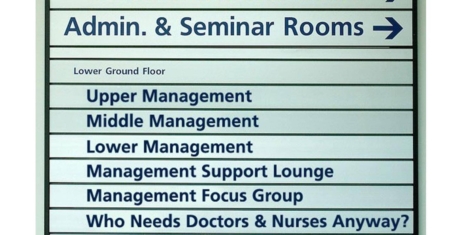August 15, 2016
Brexit leads to ‘softening’ of employment market, claims CIPD survey 0
 The UK’s decision to leave the EU has resulted in a softening in hiring intentions and businesses should invest in skills immediately, according to the latest CIPD/Adecco Group UK & Ireland Labour Market Outlook. The report is based on employer sentiment in the two weeks before and after the EU Referendum and claims that employers surveyed ahead of the vote were somewhat more optimistic about hiring intentions than those surveyed afterwards. It suggests that the proportion of employers expecting to increase staffing levels over the next three months dropped from 40 percent pre-Brexit to 36 percent following the vote. The net employment balance, based on the difference between the share of employers expanding their workforce and those reducing it, dropped from +21 pre-Brexit to +17 post-Brexit. However, the fall was significantly sharper among private sector employers, with the post-Brexit employment balance declining to +25 from +39.
The UK’s decision to leave the EU has resulted in a softening in hiring intentions and businesses should invest in skills immediately, according to the latest CIPD/Adecco Group UK & Ireland Labour Market Outlook. The report is based on employer sentiment in the two weeks before and after the EU Referendum and claims that employers surveyed ahead of the vote were somewhat more optimistic about hiring intentions than those surveyed afterwards. It suggests that the proportion of employers expecting to increase staffing levels over the next three months dropped from 40 percent pre-Brexit to 36 percent following the vote. The net employment balance, based on the difference between the share of employers expanding their workforce and those reducing it, dropped from +21 pre-Brexit to +17 post-Brexit. However, the fall was significantly sharper among private sector employers, with the post-Brexit employment balance declining to +25 from +39.








 In a new report
In a new report 























March 31, 2016
Government needs to wise up to the Fourth Industrial Revolution 0
by Mark Eltringham • Comment, Property, Public Sector, Technology
(more…)